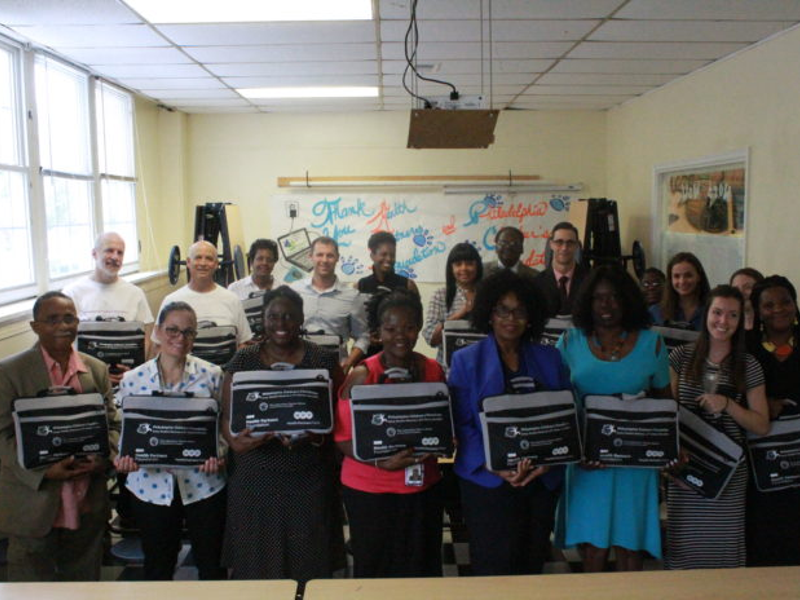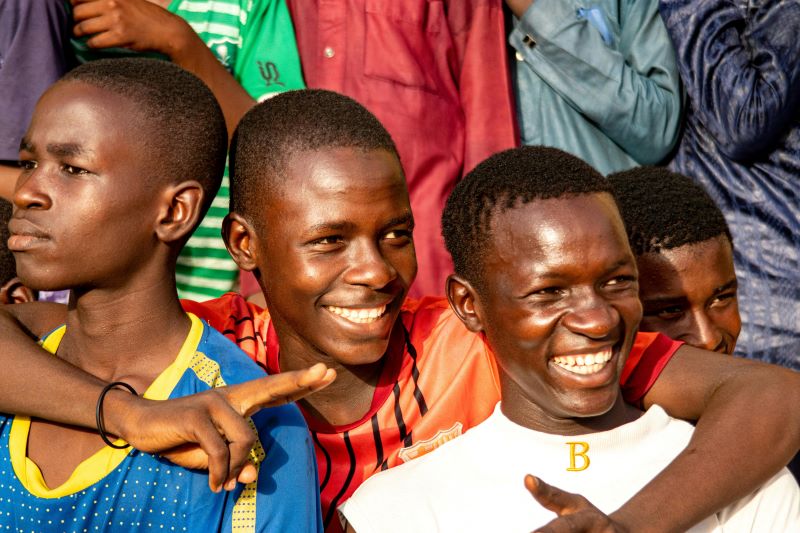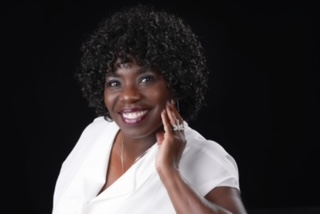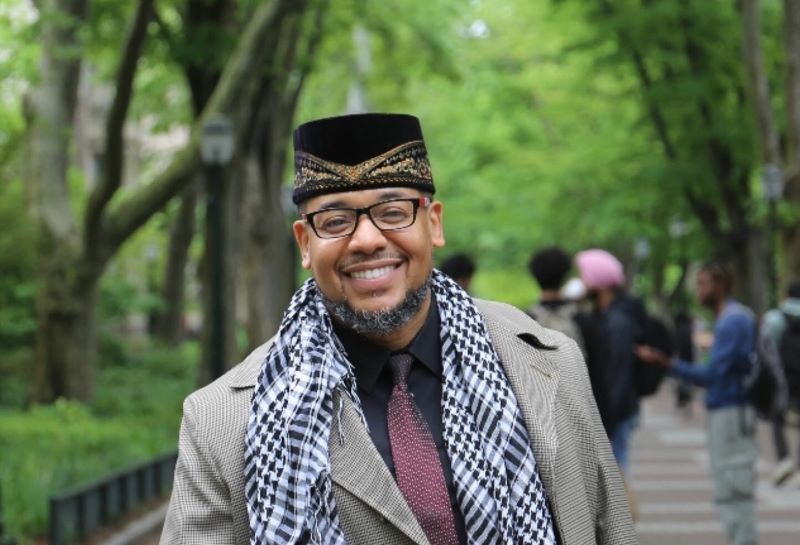

Simone Biles … Tiffany Haddish … Victoria Rowell. Because of the impactful #BlackGirlMagic, these successful Black women have become household names despite growing up in the foster care system. A system that supports nearly half a million youth each year, it could worsen with social conditions like poverty and homelessness intensifying in Philadelphia; a system that requires intentional action and collective action from organizations that can remove the displacement of so many young people.
Fortunately, Staci Scott, the Executive Director of the Health Partners Foundation, has committed her life to providing the resources that will create better opportunities for the girls in foster care. A product of the foster care system herself, Scott, an expert in philanthropy and education, has incorporated her childhood experiences to bring about foundational support in neighborhoods that are typically overlooked.

“I was in foster care from the time I was born till I was four. My mother was very sick, so as soon as I was born, she had to have emergency open heart surgery. My grandmother was already caring for my older sister who was 18 months old, saying, ‘Listen, I can’t take care of two babies, (this) is too much for me.’
Facing circumstances that echoes countless families in America, Scott’s family sought government support and intervention. As she continued to grow up, the question of family and personal identity stuck with her, “I always felt different. My older sister has baby pictures on the wall, and now I have a younger sister who has baby pictures too. My pictures all started at four. I felt like who am I?” Scott reminisced and made it her mission to connect these questions to a quest, traveling as far as Africa.
“When I was in South Africa, I met some Nigerian women. One said, I’m Yoruba’ and the other said, ‘I’m Igbo’ I said, ‘This is where I’m supposed to be. This is wonderful.’ I met people from Zimbabwe, Tanzania and all over, and made friends with them. It helped me with my identity, part of my personal journey.” The necessity of programs being in place to encourage youth in personal identity development is one important task of Scott’s, but is not in isolation to communities practicing holistic family-like supports.
A Lincoln University graduate, Scott holds a Master’s degree in Human Services, and juggles management, programming and administrative tasks including oversight of operations, grant administration, annual fundraising, marketing, community outreach, and social development.
“I am able to work with nonprofit organizations all over the southeastern PA five-county area,” Scott stated. The team that Scott leads recognizes that there is a large, under-recognized demographic of students of color affected by economically stagnant neighborhoods who need opportunities for educational mobility.
At Health Partners Foundation, Scott is currently leading philanthropic endeavors for elementary and high school-aged students up to women who’ve been displaced from home, including two scholarship programs that allow students a direct channel to a local community college.

“We all just need to change the way that we do things by asking what is the best way to use our resources and our funds”.
“We give $12,000 scholarships to needy high school studentsthrough our two programs; Making Dreams a Reality and Community College Connections. They have to attend one of our partnerhigh schools– the top two poorest high schools in each of the counties, and be recommended by someone in the school.”
The Making Dreams a Reality Scholarship is a growing scholarship. Students receive $2000 as a freshman and the amount increases by $500 each year providing the student stays in school and maintains a B average. Upon graduation the student receives $1000 to start their lives. “I created theCommunity College Connections (CCC)Scholarship just this year;it covers the full cost of the two year tuition for students attending a community college in our service area.
There’s also the program calledShow Up and Shine, which is for middle-school kids that recognizes everyday students who are often overlooked. Kids that are “just good kids,” according to Scott.
“They don’t have to have perfect attendance, or straight A’s, but they do have to have good character andgood behavior. We want to recognize those kids, so we partner with an organization calledBreakthrough of Greater Philadelphia.When you work with people, you’ve got to understand where they’re coming from. My foundation funds are not my money so I must be a good steward of this money. I do love what I do.” Through a 10-year program,Breakthrough tracks the experiences and progress of the selected students and focuses on channeling the right resources and encouragement to them.“It’s a wonderful partnership.”
“We don’t take care of each other enough and that makes me sad. I do whatever I can with my own bit of space.” Scott is continuing her philanthropic and community efforts to bring about a better world. She envisions the Philadelphia community helping instill a level of hope, encouraging a spectrum of opportunity for students, and providing more resources for students both inside and outside the classroom, — libraries, books, equipment, and programs — things that are lacking inlow income neighborhoods.
“What is our legacy — our footprint in the community? I don’t believe in pushing one agenda over another. Children are children. People are people if you want to help somebody, help them. Help them because you care about them and because it’s the right thing to do.”




